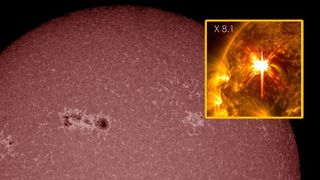Science News: Recent scientific discoveries and expert analysis
Read the latest science news and recent scientific discoveries on Live Science, where we've been reporting on groundbreaking advances for over 20 years. Our expert editors, writers and contributors are ready to guide you through today's most important breakthroughs in science with expert analysis, in-depth explainers and interesting articles, covering everything from space, technology, health, animals, planet Earth, and much more.

Explainers | Everything you need to know about the science news that matters.

Science Spotlight | Shining a light on new science transforming our world.
Latest news
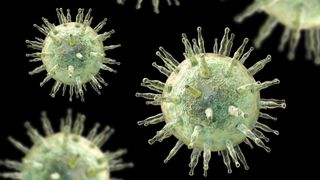
The 'mono' virus raises the risk of MS and cancer in some. 22 genes hint at why.
By Stephanie Pappas published
An infection with Epstein-Barr virus is a nonevent for most people. But for a subset, the virus can contribute to chronic conditions and cancer, and genes may play a role in that risk.
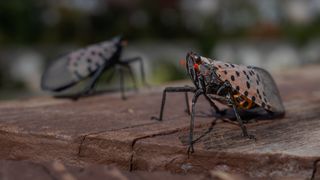
Spotted lanternflies are invading the US. They may have gotten their evolutionary superpowers in China's cities.
By Chris Simms published
The alarming spread of spotted lanternflies across the U.S. has been made possible by cities acting as evolutionary incubators, fine-tuning the insects and enabling them to thrive.

Kanzi the bonobo could play pretend — a trait thought unique to humans
By Sophie Berdugo published
Past anecdotal observations have hinted that great apes play pretend. But now, experimental research shows that our closest living relatives can keep track of imaginary objects.
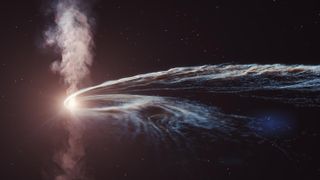
Star-killing black hole is one of the most energetic objects in the universe
By Elizabeth Howell published
Scientists say a jet from a previously studied supermassive black hole has grown brighter, becoming one of the most energetic events in the universe.

Martian meteorite that fell to Earth is full of ancient water, new scans reveal
By Harry Baker published
A new study has revealed that the iconic Black Beauty meteorite contains much more hidden water than previously suspected. The rock, which fell to Earth from Mars, could reveal clues about the Red Planet's watery past.
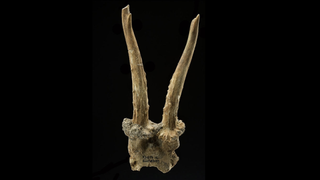
7,500-year-old deer skull headdress discovered in Germany indicates hunter-gatherers shared sacred items and ideas with region's first farmers
By Tom Metcalfe published
The discovery of a deer skull headdress and tools made from antlers at the site of a New Stone Age farming village suggests that hunter-gathers were sharing ideas with the newcomers.
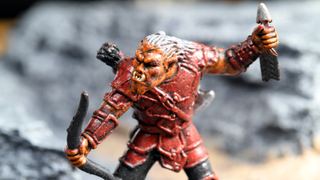
How well can AI and humans work together? Scientists are turning to Dungeons & Dragons to find out
By Alan Bradley published
D&D is being used as a benchmark to see how well models can make long-term plans, adhere to rules and strategize with a team.
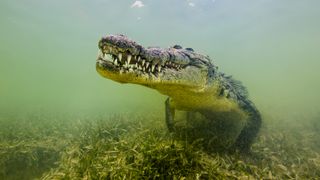
Saltwater crocodiles crossed the Indian Ocean to reach the Seychelles — before humans arrived and wiped them out
By Skyler Ware published
DNA study reveals crocs that lived in the Seychelles represented the westernmost population of saltwater crocodiles, having swam at least 1,800 miles to reach the island.
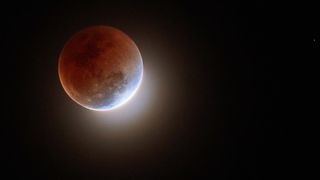
The US will see a rare 'blood moon' eclipse before sunrise this March: Where and when to look
By Jamie Carter published
A rare total lunar eclipse will be visible from most of the United States on March 3. Here's where and when to look.

Remote region in Greece has one of the most genetically distinct populations in Europe
By Kristina Killgrove published
A genetic analysis of the Deep Maniots living in Greece's southern Peloponnese region has revealed a close-knit, patriarchal community with roots in the Bronze Age.
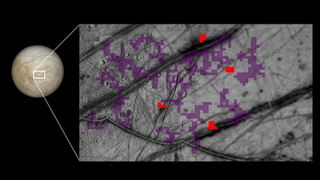
Life-friendly molecules are leaking out of Jupiter's giant moon Europa
By Elizabeth Howell published
A new finding of ammonia on the icy surface of Jupiter's moon Europa could have important implications for the search for extraterrestrial life.
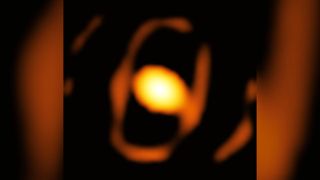
'Behemoth star,' previously thought to be dying, is 'rising from the ashes' like a phoenix
By Harry Baker published
A new study suggests that the red supergiant WOH G64, also known as the "behemoth star," has not transitioned into a yellow hypergiant as previous research suggested. This means it is now unlikely to imminently explode in a colossal supernova.
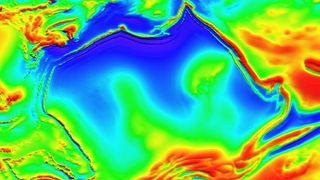
New map shows weird magnetic anomaly lurking beneath Australia's Northern Territory
By Sascha Pare published
Advanced modeling has revealed an Australia-shaped magnetic anomaly beneath the country's Northern Territory that holds valuable information about Australia's geological history.
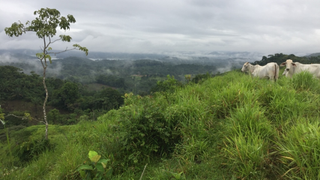
'Nitrogen fixing' trees could help tropical forests bounce back, research suggests
By Corey Kane published
On the narrow isthmus of Panama, scientists discovered adding nitrogen to the soil doubled tree growth, providing new insights into forest restoration.
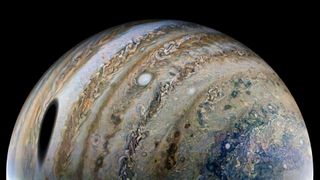
'Textbooks will need to be updated': Jupiter is smaller and flatter than we thought
By Skyler Ware published
Jupiter is smaller and flatter than scientists previously thought, new measurements of the gas giant reveal.
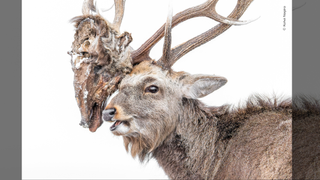
A deer carrying the rotting head of its vanquished foe and a playful lynx shortlisted for Wildlife Photographer of the Year Nuveen People's Choice Award
By Sascha Pare published
Here are the 24 images shortlisted for the Wildlife Photographer of the Year Nuveen People's Choice Award 2026.
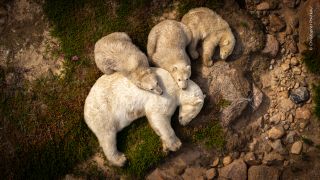
Grim photo captures polar bear mom and cubs resting in mud in summer heat
By Sascha Pare published
An image of polar bears napping along the Hudson Bay coast in Canada has been shortlisted for the Wildlife Photographer of the Year Nuveen People's Choice Award 2026.
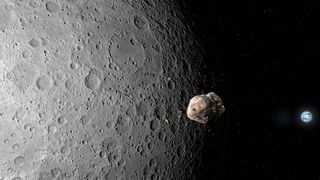
Asteroid 2024 YR4's collision with the moon could create a flash visible from Earth
By Deepa Jain published
If the building-size asteroid 2024 YR4 crashes into the moon in December 2032, the impact will produce a bright flash that may be visible to the naked eye, a new study finds.
Get the world’s most fascinating discoveries delivered straight to your inbox.
 Live Science Plus
Live Science Plus












